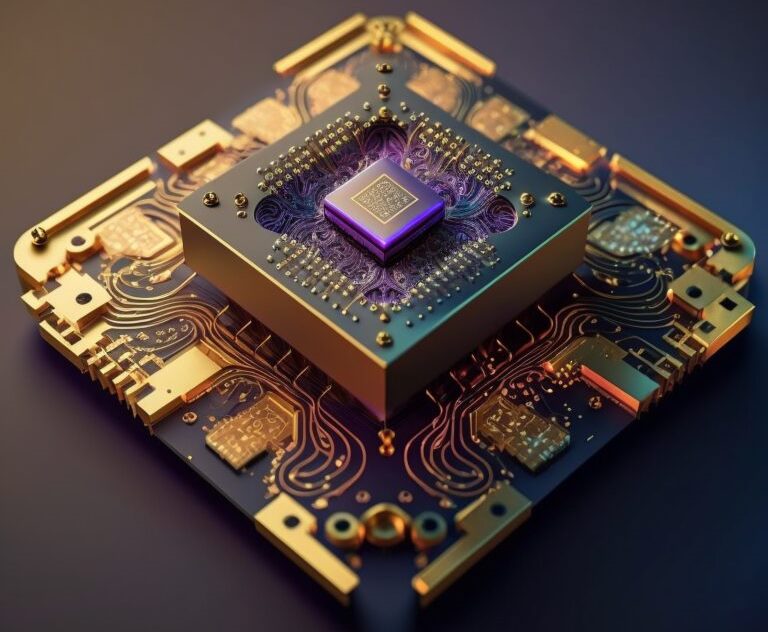A CPU, or Central Processing Unit, is the primary component of a computer that performs most of the processing tasks. It is often referred to as the “brain” of the computer, as it controls and executes instructions that are stored in memory. The CPU is responsible for performing arithmetic and logical operations, managing the flow of data between different parts of the computer, and controlling the input and output operations. It is a crucial component of any computing system, and its performance is often a key factor in determining the overall speed and efficiency of the computer.
The above paragraph provides a summarized brief on CPU. To gain more details on CPU, please read the rest of the article.
As you use your computer to browse the internet, stream videos, or play games, you may have come across the term “CPU” at some point. But what exactly is a CPU, and why is it so important? In this article, we’ll explain what a CPU is and how it works, so you can better understand the brain of your computer.
What is a CPU?
CPU stands for Central Processing Unit. It is the general purpose processor. It is a small chip located on the motherboard of your computer. It is responsible for executing instructions and performing calculations that make your computer function.
How does a CPU work?
The CPU receives input from various devices, such as the keyboard or mouse, and processes these inputs into outputs that can be displayed on the monitor. It does this by executing instructions from software programs that are stored in the computer’s memory.
The CPU has two primary components: the arithmetic logic unit (ALU) and the control unit (CU). The ALU performs mathematical and logical operations, while the CU manages the flow of data between the CPU and other computer components.
Why is the CPU important?
The CPU is the most critical component of your computer, as it’s responsible for executing instructions from software programs. A faster CPU means that your computer can process more data in less time, resulting in better performance.
For instance, if you’re running a complex computer game, a faster CPU can process the game’s instructions more quickly, resulting in a smoother gaming experience. Similarly, if you’re working on a large spreadsheet, a faster CPU can handle the calculations more efficiently, resulting in faster processing times.
Examples of popular CPUs
- Intel Pentium
- Intel Core i
- AMD Ryzen
- Apple M1
- Qualcomm Snapdragon
The CPU’s speed is measured in gigahertz (GHz) and refers to the number of clock cycles per second that the CPU can process. The higher the speed, the faster the CPU can process information. By understanding how the CPU works and its importance in your computer’s performance, you can make informed decisions when upgrading or purchasing a new computer.
